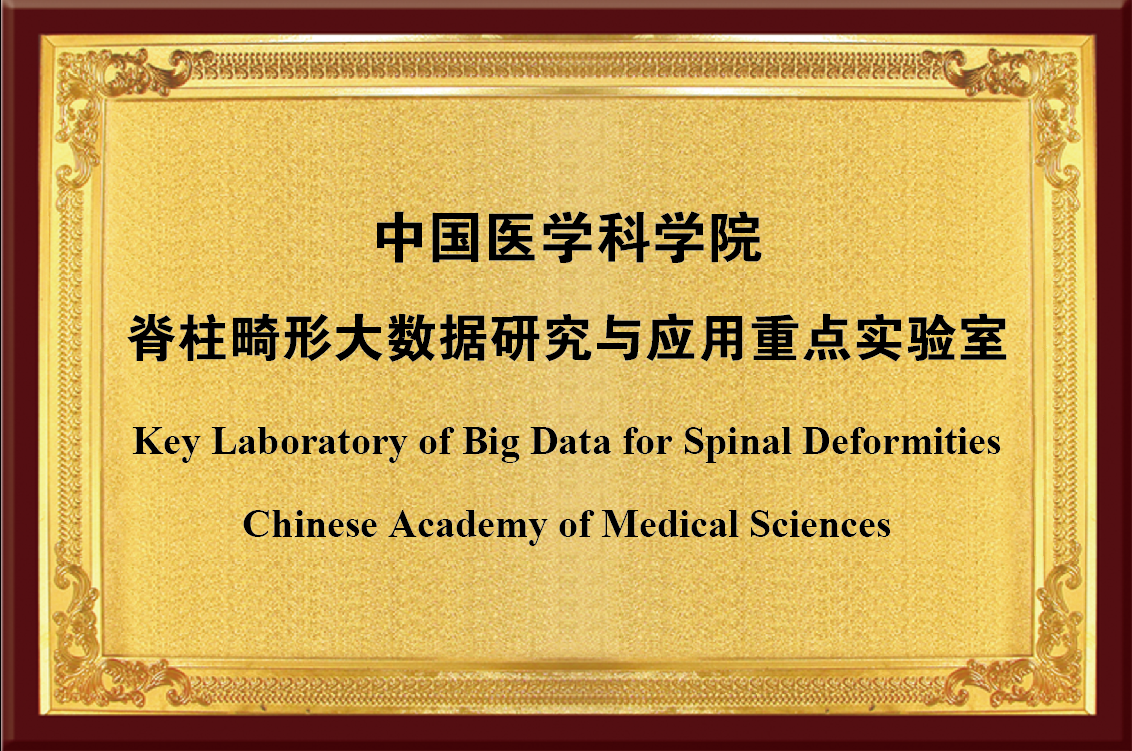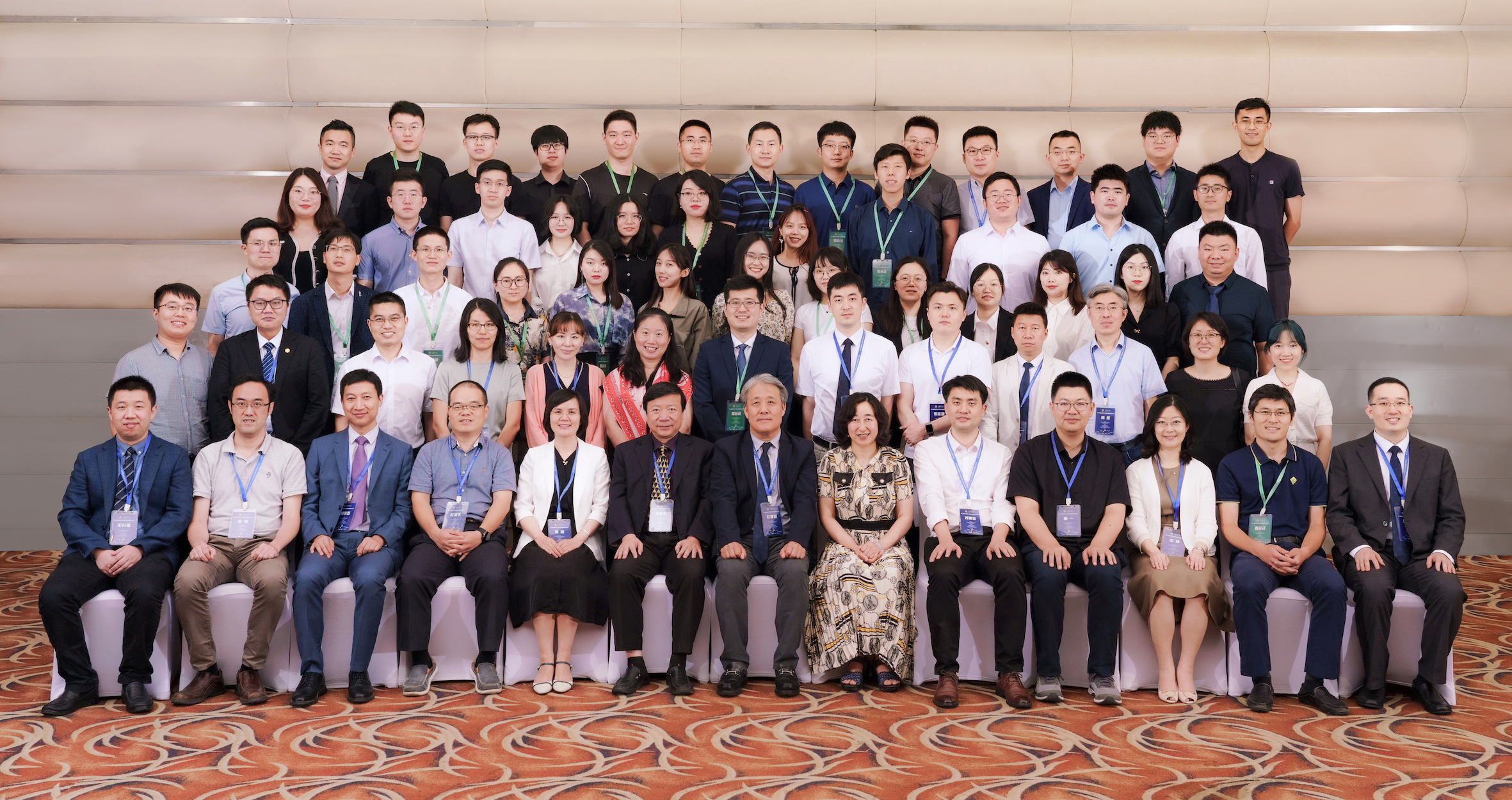High-quality sample resources combined with big data analysis technology
Focus on spinal deformity research
The laboratory has four major technology platforms: genome sequencing analysis, epigenetic research, gene function research, and artificial intelligence analysis.

about us
The Key Laboratory of Spinal Deformity Big Data Research and Application of the Chinese Academy of Medical Sciences relies on the Department of Orthopedics of Peking Union Medical College Hospital, and was established in 2019 with the support of the leaders of the Chinese Academy of Medical Sciences and the departments of Peking Union Medical College Hospital.
The main members of the laboratory are from the orthopedic research team of Peking Union Medical College Hospital. The division of labor is clear, the echelon is reasonable, and a series of studies are formed.
News
news
Publications
Scientific research achievements

Genet Med
Functional characteristics of a broad spectrum of TBX6 variants in Mayer-Rokitansky-Küster-Hauser syndrome.

Am J Hum Genet
PhenoApt leverages clinical expertise to prioritize candidate genes via machine learning.

Neurology
Exome-wide Analysis of De Novo and Rare Genetic Variants in Patients With Brain Arteriovenous Malformation. Neurology.

Genome Med
DrABC: deep learning accurately predicts germline pathogenic mutation status in breast cancer patients based on phenotype data.

NPJ Genom Med
Expanding the mutation and phenotype spectrum of MYH3-associated skeletal disorders.

Liver Int
The utility of hierarchical genetic testing in paediatric liver disease.
Wu Nan
Director, Key Laboratory of Spinal Deformity Big Data Research and Application

